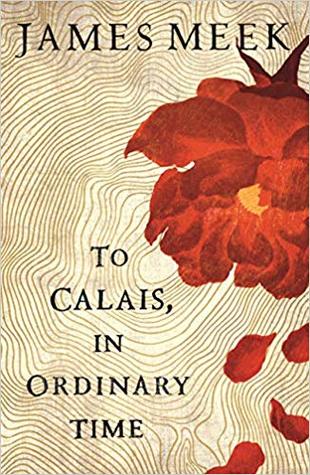
This was shortlisted for the Walter Scott Prize for Historical Fiction, so, as a fan of historical fiction, I had to read it.
Mr Meek used archaic words, which added colour, but made it hard to read. It was an appropriate read though, the characters are trying to avoid the plague and we were in Corona lock-down.
Here’s the blurb …
Three journeys. One road.
England, 1348. A gentlewoman is fleeing an odious arranged marriage, a Scottish proctor is returning home to Avignon and a handsome young ploughman in search of adventure is on his way to volunteer with a company of archers. All come together on the road to Calais.
Coming in their direction from across the Channel is the Black Death, the plague that will wipe out half of the population of Northern Europe. As the journey unfolds, overshadowed by the archers’ past misdeeds and clerical warnings of the imminent end of the world, the wayfarers must confront the nature of their loves and desires.
A tremendous feat of language and empathy, it summons a medieval world that is at once uncannily plausible, utterly alien and eerily reflective of our own. James Meek’s extraordinary To Calais, In Ordinary Time is a novel about love, class, faith, loss, gender and desire—set against one of the biggest cataclysms of human history.
This novel wasn’t my cup of tea, but I did finish it, so I am rating it as 2 out of 5. It’s not something I like to read, but that doesn’t mean it was poorly written. Quite the contrary, it was well-written and well-researched and many (perhaps most) will enjoy it.
